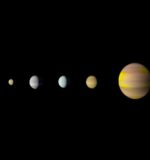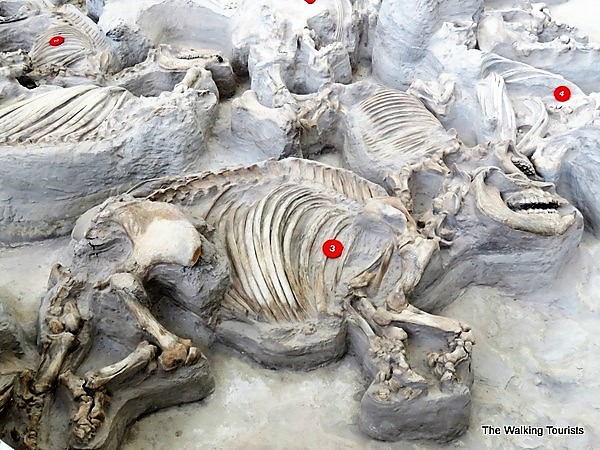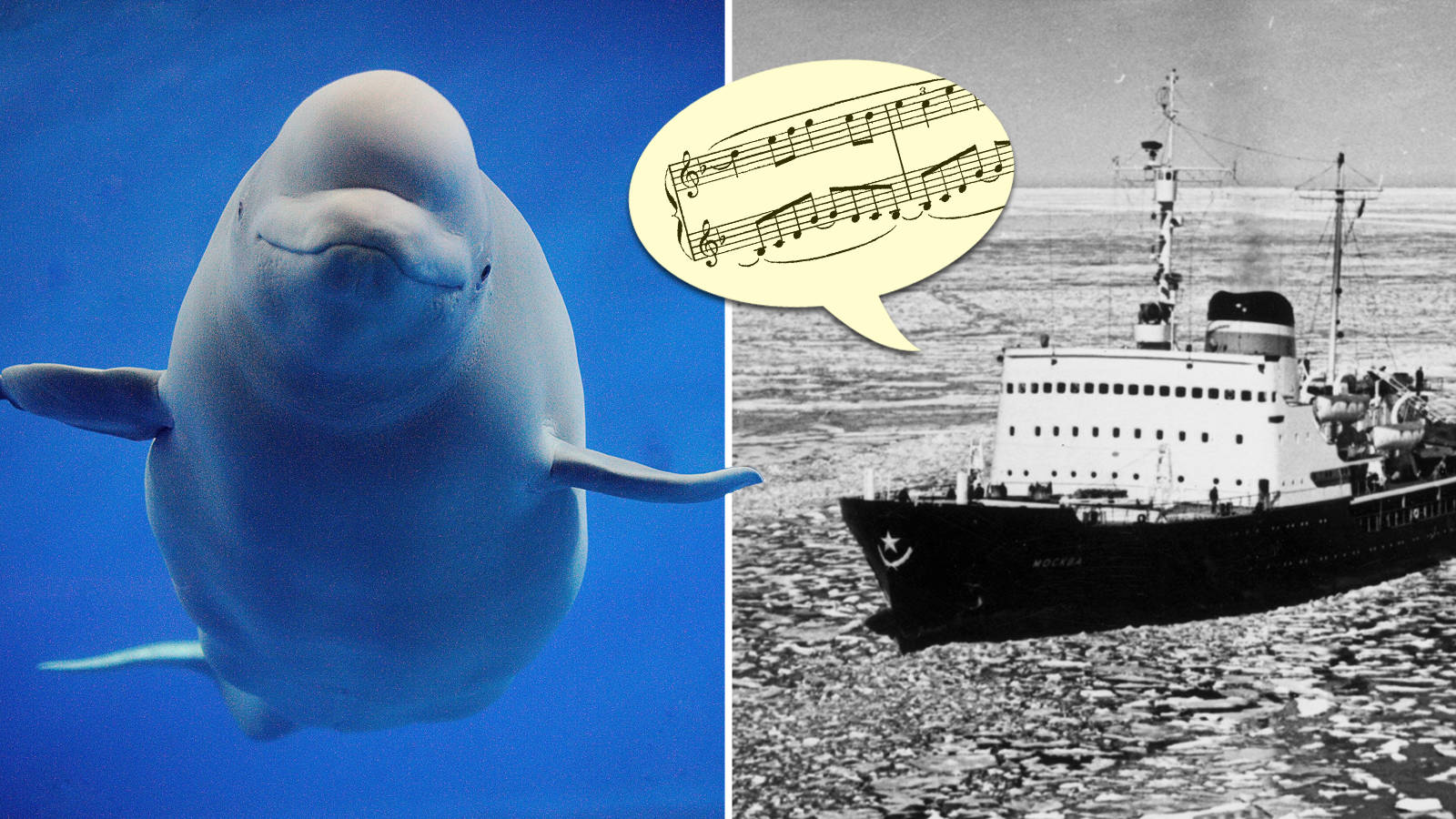An eighth planet has been discovered orbiting the distant star Kepler-90, proving that our eight-planet solar system isn’t unique after all.
This is a groundbreaking scientific discovery, since it marks the first time scientists have become aware of another eight-planet solar system aside from our own.
“Our solar system now is tied for most number of planets around a single star, with the recent discovery of an eighth planet circling Kepler-90, a sun-like star 2,545 light years from Earth. The planet was discovered in data from NASA’s Kepler Space Telescope,” NASA explained in a press release.
The planet has been dubbed Kepler-90i and is described as “a sizzling hot, rocky planet that orbits its star once ever 14.4 days.” Compare this with Earth’s orbit around the sun, which takes approximately one year (technically, 365.256 days).
Like Earth, Kepler-90i is the third planet in its system of eight from its sun, and it’s about 30% larger than Earth, making it a “super-Earth” (the term for any extrasolar planet with a mass higher than Earth’s). Because it’s so close to its star, it’s extremely hot, with an average surface temperature over 800 degrees Fahrenheit. Because of this, it’s “unlikely that life as we know it could exist there.”
“The Kepler-90 star system is like a mini version of our solar system. You have small planets inside and big planets outside, but everything is scrunched in much closer,” said researcher Andrew Vanderburg.
Perhaps the most interesting thing about this information is exactly how it was discovered. To find Kepler-90i, researchers taught a computer how to detect the “faint signals of small planets” from beyond our own solar system.
“The Google AI system has been able to search through that pile of information much faster than humans have been able to dig through it,” astronomer Derrick Pitts explained. “If you think about the number of stars in a galaxy being like the number of sand grains on a beach, it’s as if we’ve been asked to search through all the sand grains on the beach to find just the red sand grains.”
Check out the video below for more information, and don’t forget to SHARE this science news on Facebook!








 Photographer Finds Locations Of 1960s Postcards To See How They Look Today, And The Difference Is Unbelievable
Photographer Finds Locations Of 1960s Postcards To See How They Look Today, And The Difference Is Unbelievable  Hij zet 3 IKEA kastjes tegen elkaar aan en maakt dit voor zijn vrouw…Wat een gaaf resultaat!!
Hij zet 3 IKEA kastjes tegen elkaar aan en maakt dit voor zijn vrouw…Wat een gaaf resultaat!!  Scientists Discover 512-Year-Old Shark, Which Would Be The Oldest Living Vertebrate On The Planet
Scientists Discover 512-Year-Old Shark, Which Would Be The Oldest Living Vertebrate On The Planet  Hus til salg er kun 22 kvadratmeter – men vent til du ser det indvendigt
Hus til salg er kun 22 kvadratmeter – men vent til du ser det indvendigt  Nearly Frozen Waves Captured On Camera By Nantucket Photographer
Nearly Frozen Waves Captured On Camera By Nantucket Photographer  It’s Official: Astronomers Have Discovered another Earth
It’s Official: Astronomers Have Discovered another Earth  Meteorite That Recently Fell in Somalia Turns Out to Contain Two Minerals Never Before Seen on Earth
Meteorite That Recently Fell in Somalia Turns Out to Contain Two Minerals Never Before Seen on Earth  Superknepet – så blir snuskiga ugnsformen som ny igen!
Superknepet – så blir snuskiga ugnsformen som ny igen! 
xvpekd